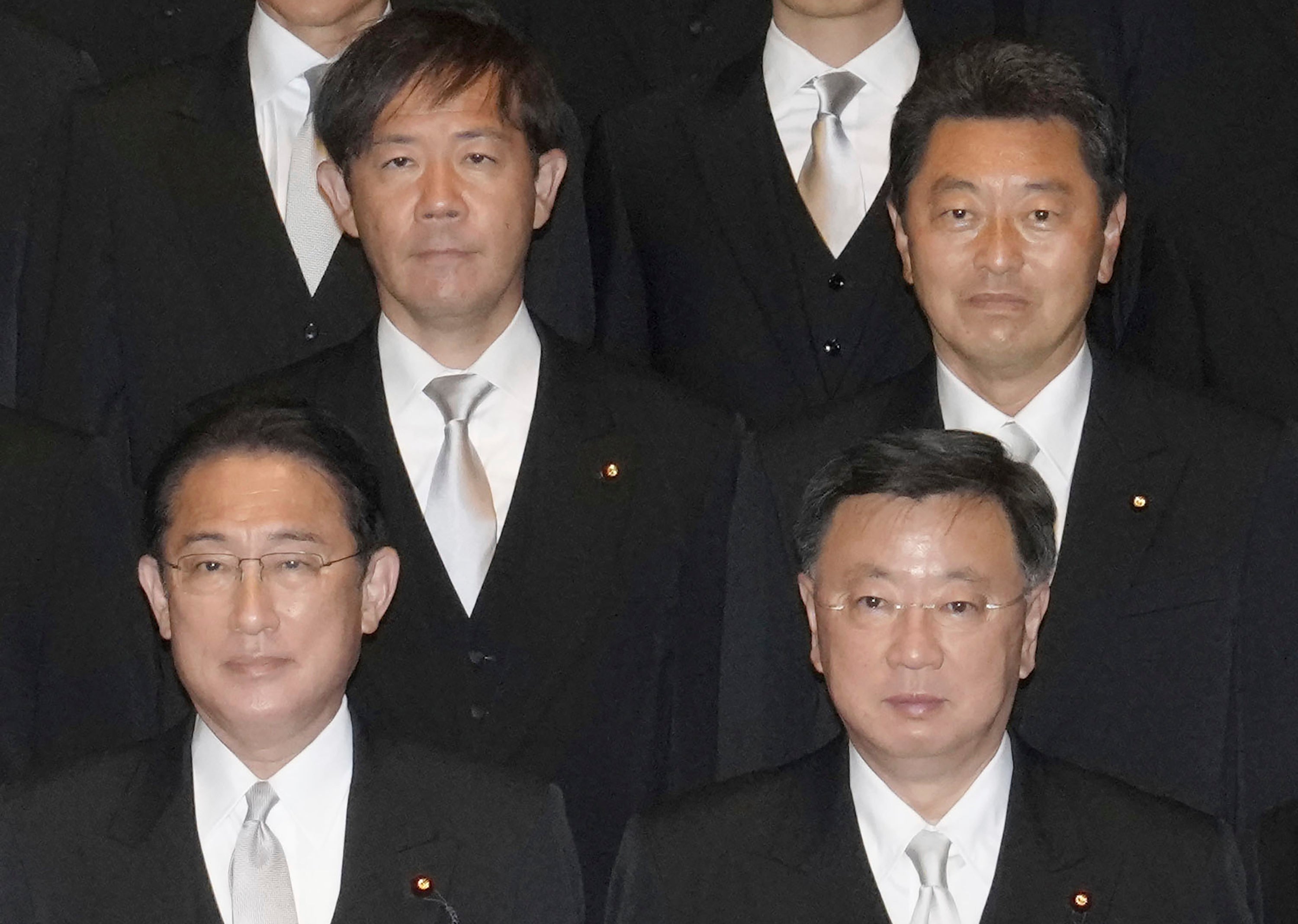Japan prosecutors make first arrest in the political fundraising scandal sweeping the ruling party
Japanese prosecutors have made their first arrest in connection with a major political slush funds scandal that has rocked Prime Minister Fumio Kishida’s already unpopular government

Japanese prosecutors made their first arrest Sunday in connection with a major political slush funds scandal that has rocked Prime Minister Fumio Kishida's already unpopular government.
Tokyo District Public Prosecutors Office apprehended former vice-education minister Yoshitaka Ikeda on suspicion of failing to report fundraising proceeds he received from his faction within the governing Liberal Democratic Party, according to officials and local media reports.
Ikeda’s faction, which used to be led by the late former Prime Minister Shinzo Abe who was assassinated in 2022, has remained the largest and most influential within Kishida’s ruling party. The faction is suspected of failing to report more than 600 million yen ($4.15 million).
The former minister was accused of not reporting the 40 million yen (about $276,500) he received from the faction as kickback from political event ticket sales, a violation of political funds control law, media reports say. Prosecutors declined to give details.
Kishida declined to comment on the investigation but said last month he took the investigation seriously and would do his best to regain public trust, including setting up an expert panel to strengthen fundraising regulations.
Last year, dozens of LDP lawmakers, mostly members of the Abe faction, were accused of systematically failing to report about 600 million ($4.15 million) yen in funds in possible violation of campaign and election laws, according to media reports. The money is alleged to have gone into unmonitored slush funds.
Kishida replaced four of his Cabinet ministers linked to the scandal in December in an attempt to mitigate the scandal that has rocked his party and grip on power. Former top government spokesman Hirokazu Matsuno and Economy and Trade Minister Yasutoshi Nishimura were among those removed. Prosecutors reportedly interviewed the two top officials on a voluntary basis, along with several other LDP lawmakers.
Support ratings for Kishida have continued to drop, falling below 20% despite purging members of the Abe wing involved in the scandal. This move could trigger an internal power struggle within the ruling party.
The LDP has almost continually ruled postwar Japan. It has faced repeated infamy with the 1970s Lockheed bribery, an insider trading and corruption scandal in the 1980s, among other money scandals.
The current fundraising scandal is considered one of the biggest blunders in decades by the powerful party.
However, LDP's grip on power is seen unchanged as long as the opposition remains fractured, though Kishida's leadership is shaking.
The prime minister doesn’t have to call a parliamentary election until 2025, but the Liberal Democratic Party has a leadership vote in September.
Bookmark popover
Removed from bookmarks